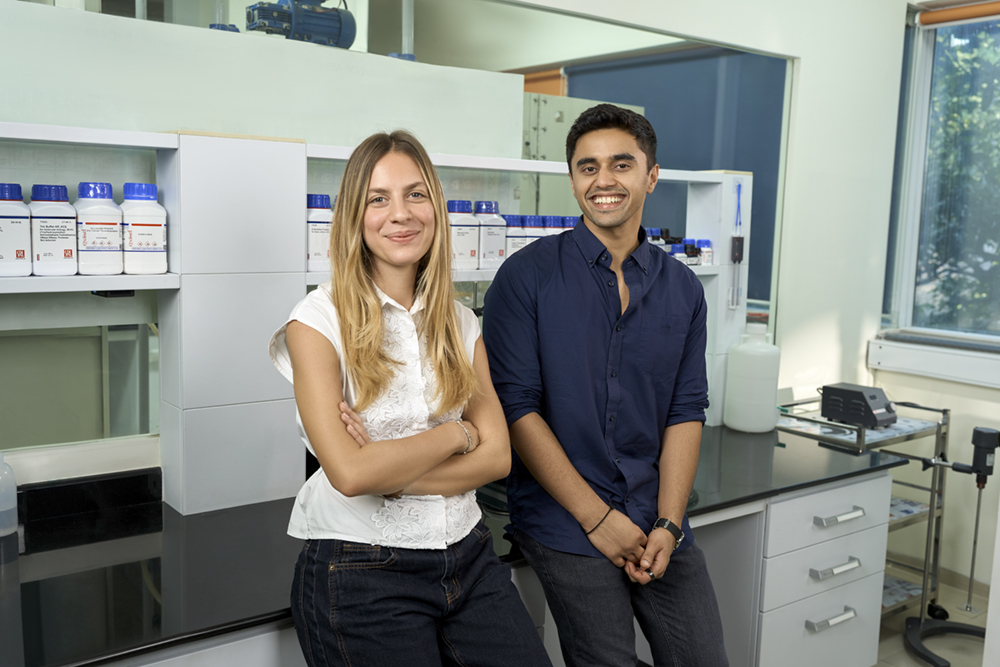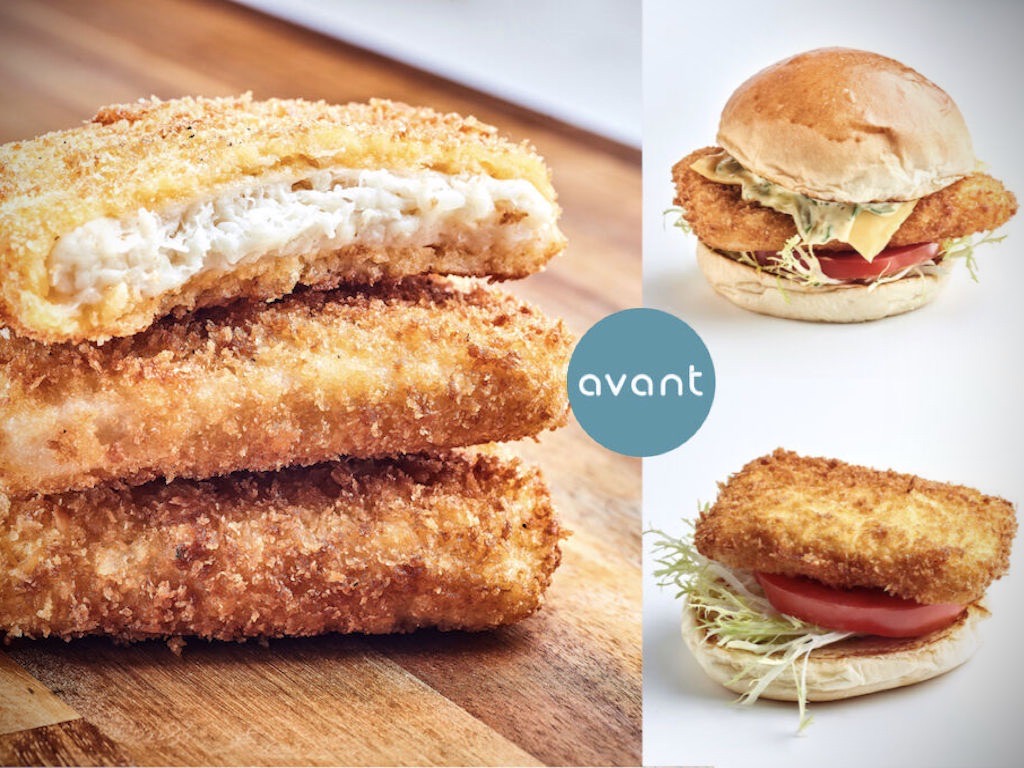

Cultivate at Scale and Sartorius join forces to accelerate the future of cultivated food
Cultivate at Scale, a pilot facility designed to help cellular agriculture companies scale their innovations, has announced a new bioprocessing collaboration with Sartorius, a global leader in life sciences and biopharmaceutical technology. The partnership marks a significant step toward industrializing the production of cultivated meat, fish and dairy, combining Sartorius’ technical expertise with Cultivate at Scale’s open-access approach to food innovation.
The Maastricht-based facility is now equipped with a 1,000L single-use bioreactor from Sartorius, providing vital capacity for startups and scale-ups working to move beyond the lab bench and into pilot-scale production. It’s a major milestone for the Cultivate at Scale team, who say the investment will speed up development timelines and help more companies bridge the tricky gap between R&D and commercial readiness.
“At Cultivate at Scale, we measure success as the extent to which we can help our customers develop their processes and reach the next level of scale,” said Jaco van der Merwe, Managing Director of Cultivate at Scale. “Access to the necessary expertise and hardware is a key factor in achieving this. The collaboration with Sartorius demonstrates how partnering across industries can drive innovation and sustainable change, and how the right support can empower bold visions to become reality.”
This partnership is rooted in a shared mission to make bioprocessing faster, more efficient and more accessible to companies in the cultivated food space. Sartorius will not only supply equipment but also provide technical training and scientific support, ensuring that startups working at the facility have access to top-tier bioprocess knowledge.
Van der Merwe believes the open-access model will be particularly valuable to early-stage companies working on “meat, fish, dairy, leather and other animal or plant products through cell culture.” Unlike many biomanufacturing hubs that cater to a single firm or focus narrowly on pharma, Cultivate at Scale is designed to be flexible and collaborative.
“The facility is set up on a single-use platform and hence is very flexible in accommodating different process set-ups, whether at bench scale, 200L or 1000L range,” he said. “Furthermore, to minimize the risk of contamination, the facility is operated in a cleanroom environment, even though it is not a regulatory requirement.”
This technical flexibility is paired with support services designed to help clients address one of the most critical hurdles in the cultivated food space: regulatory approval. While Cultivate at Scale doesn’t submit dossiers directly, the team has already supported multiple clients in generating samples and data for Novel Food submissions in both Singapore and Europe. “The team has the experience to guide clients in the process,” van der Merwe said.
Another area where the facility aims to reduce friction for startups is cost. Cultivate at Scale is exploring bulk purchasing of low-cost cell feed ingredients, working through established industry suppliers to secure better pricing. The exact cost savings depend on the components being sourced, but the aim is clear: to lower the financial barrier to entry for companies transitioning from lab to pilot scale.
While Cultivate at Scale operates independently, its origins are tied to Dutch cultivated meat pioneer Mosa Meat. “The facility was originally designed as a pilot facility for Mosa Meat, but Cultivate at Scale is a fully independent business and Mosa Meat is not involved in the operation of the facility at all,” van der Merwe clarified.
To access the facility, companies must enter into a Service Agreement, which outlines the scope of work and reserves capacity. While names of participating companies haven’t been disclosed, van der Merwe confirmed there is already “significant interest from companies across the board—fish, meat and dairy.”
Protecting intellectual property is a top priority, particularly for early-stage R&D. Cultivate at Scale has implemented several safeguards, including NDAs, physical segregation of processes and materials, and careful assignment of project teams to avoid IP conflicts. “Avoiding overlap of team members where there is IP sensitivity” is a key part of the approach, van der Merwe noted.
Internally, the team is using clear KPIs to track progress in its first year of operations. Each work order is assessed on its execution “on time, within budget, and according to the agreed deliverable(s),” a method that reflects the facility’s strong focus on operational discipline and client outcomes.
Though sustainability benchmarks are not yet formally in place, the team sees the facility as a foundational step toward enabling more environmentally responsible food systems.
If you have any questions or would like to get in touch with us, please email info@futureofproteinproduction.com

.png)






